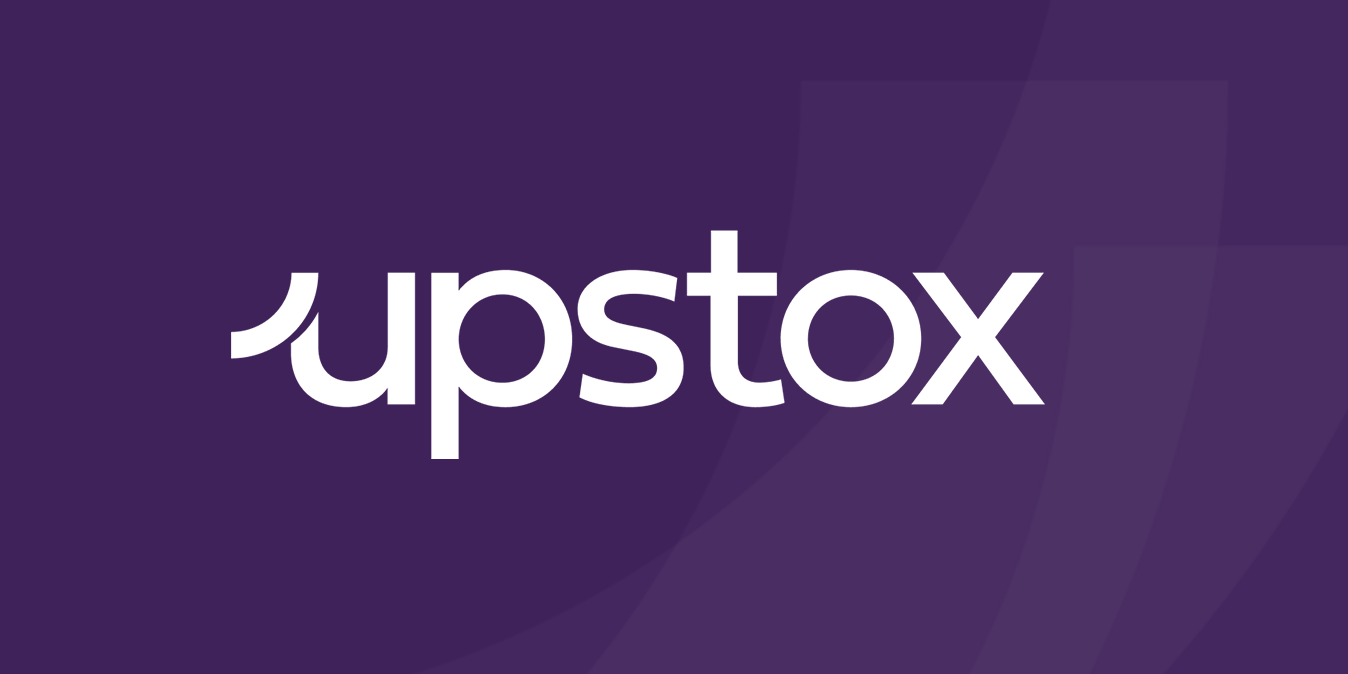What are commodity mutual funds?

*A mutual fund can be mystifying on its own, but add ‘commodity’ in front of it and it seems even more tricky. Read on to find out what commodity mutual funds are and how they can play a role in a balanced portfolio. *
Most people start their investments with traditional fixed interest products like FDs. We move on to mutual funds when we start making our own money. And later based on our conversations with peers, we start exploring the world of equities. But one asset class that doesn’t get as much attention among Indian investors is commodities.
What comes to your mind when you hear the word commodities? Chances are you think of oil, gold, grains, or metals. As a concept, we’ve been taught about commodities since we were born. But it’s a whole new ball game when it comes to thinking about commodities as investments. For investors, commodities can be an important way to diversify their portfolios beyond traditional instruments because the prices of commodities tend to move in a direction opposite to those of stocks.
In the past, trading in commodities required a lot of time, money, and expertise. This is why it was primarily limited to professional traders. However, commodity mutual funds have made investing in commodities accessible for retail traders. Bear in mind that trading in commodities comes with its fair share of risks. Read on to make an informed decision about the types of commodity mutual funds in India and their advantages.
What is a commodity mutual fund?
A commodity fund is a professionally managed mutual fund that invests in the trade of a particular commodity. This allows the investors an opportunity to invest in commodities without large capital and earn returns from the movement of commodity prices.
Types of commodity mutual funds
-
Natural resource funds: These funds invest their corpus in companies or organisations that have direct exposure to natural resources such as minerals, petroleum, oil, gold, and other renewable energy companies like wind or solar.
-
Basic/true commodity funds: These funds are called basic because the commodities they have a majority of their exposure in physical assets, i.e. metals.
-
Future funds: These funds are considered as the riskiest commodity funds as these are subject to significant fluctuations according to the market rates. The fund manager of a future fund takes a call on future trading. The NAV of these funds can depreciate sharply but can also deliver significant gains.
-
Combination funds: As the name suggests, these funds follow a combined strategy of investing in ** commodity futures** and basic commodities. It takes a balanced approach between the high volatility of future funds and relatively lower volatility of basic commodity funds.
-
Index funds: The index commodity funds are passively managed mutual funds in which the investments are directly used to buy commodities at the standard prevailing rates based on the benchmark.
What are the benefits of investing in commodity mutual funds?
-
Portfolio diversification: All investors seek to diversify their portfolios across different asset classes as a hedge. Investing in commodity mutual funds can add an extra element of diversification to your investment portfolio.
-
Professional management: As mentioned earlier, investing directly in commodities often requires a lot of time, money, and expertise. With the professional management offered by commodity funds, you have an edge that allows you to participate in this asset class under their guidance.
-
Protection against market fluctuations: The prices of some commodities like gold and silver are not driven by equity market trends. Thus, they can be a good hedge regardless of the performance of equity markets.
-
Inflation protection: Commodities prices generally increase with the overall level of inflation in a country as they are physical assets. Thus, they can be a well-matched hedge against inflation.
Summary
Keep in mind that along with the advantages, there are also risks involved in investing in commodity mutual funds. Commodities are freely traded globally and carry macroeconomic, social, and geopolitical risks. The prices of commodities can fluctuate greatly and are affected by global demand and supply trends. Investing in commodity mutual funds is best suited for investors with a long-term investment horizon and a higher risk tolerance.